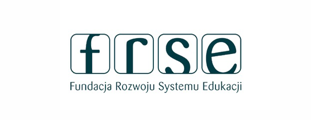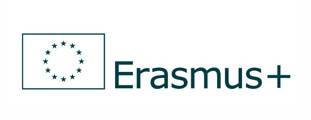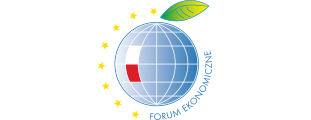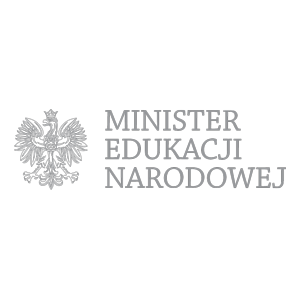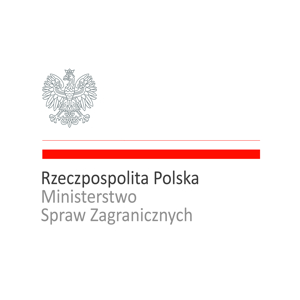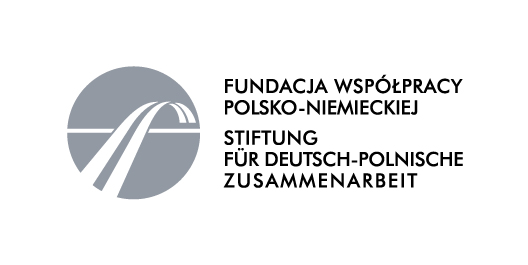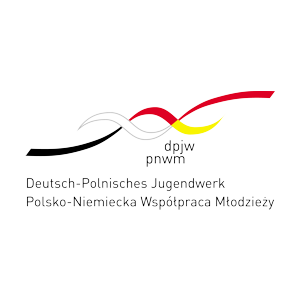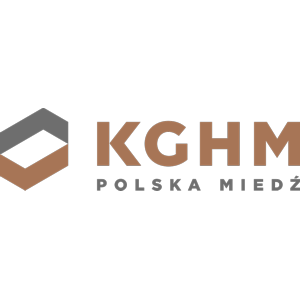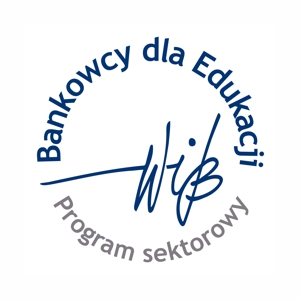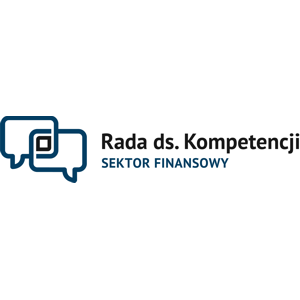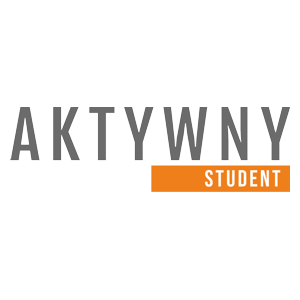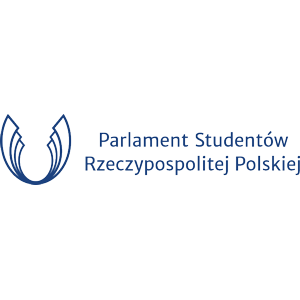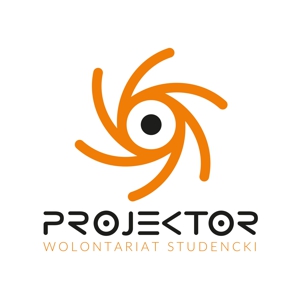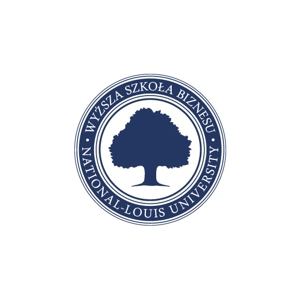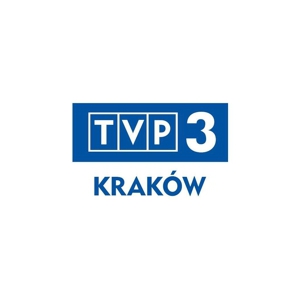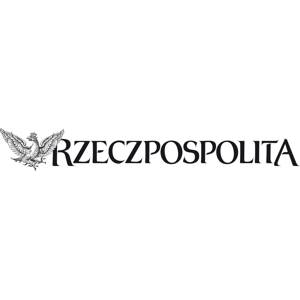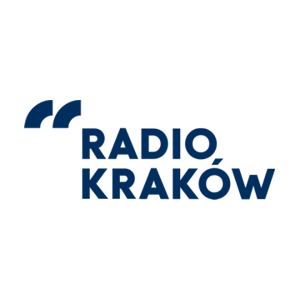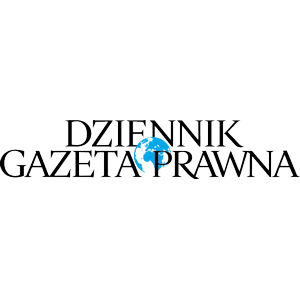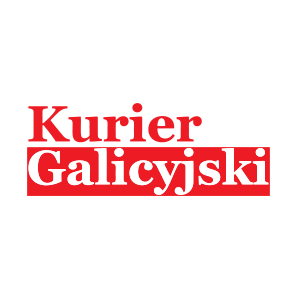

DISCUSSION PANEL
WHAT’S THE PERCENTAGE OF KNOWLEDGE IN SUCCESS?
“Knowledge today, success tomorrow” is the title of the opening discussion panel of the X Economic Forum of Young Leaders’ second day.
During the discussion entrepreneurs and politicians wondered about the factors which contribute towards young people’s future success.
- Above all it’s necessary to know one’s expectations in life, the lifetime goals – said Andrzej Czerwiński, the Minister of State Treasury. – – Those people who achieve a great, spectacular success in life, only comprise a few per cent on a society-wide scale, but those who are happy should comprise one hundred per cent. The most important thing is to know one’s place in life and to be happy and fulfilled there – he added.
Apart from the minister, the discussion’s participants included Stanisław Gągała, the chairman of Gold Drop in Limanowa; Zbigniew Konieczek, the general director of Newag SA; Grażyna Sukiennik, well drilling engineer; Krystian Wolak, the founder of Event Experience; and Artur Racicki, the chairman of Social Wifi sp. z. o. o.
DISCUSSIONN PANEL
LET’S GET ON A DIFFERENT TRACK OF THINKING ABOUT COMMUNITY
During the discussion paned dedicated to global safety 25 years after the end of the Cold War, the conversation was largely dominated by the subject of the Russia-Ukraine conflict and the European Union’s policy regarding Russia.
- We are too broken up, that’s why the rest of the world can play with us – said general Vincento Camporini, former national Chief of the Defence General Staff in Italy. – We have to expand the concept of national affairs and switch our mentality to thinking about Europe’s affairs as common good – he added.
- Russia’s behaviour is a breach of the laws of many agreements and papers, for example the Charter of Paris for a New Europe from 1990 – said general Klaus Wittmann from the Aspen Institute in Germany. – We need to indicate to Russia clear boundaries of what’s acceptable – he added.
Włodzimierz Cimoszewicz, member of the Senate of Poland noticed that it is dangerous nowadays to be neighbouring “black hole” countries – countries that have lost, that haven’t developed.
- The world has changed a great deal, but the people haven’t really – said Liam Fox, former Minister of Defence of the United Kingdom. – The thought process has often remained the same. – he added.
Andrius Krivas, Vice-Minister of Foreign Affairs of Lithuania noticed that Russia needs the West, and the West need Russia, and so we should encourage their country to a revision of the regime.
The global security context 25 years after the Cold War
Panel discussion
DISUSSION PANEL:
COURAGE THAT FATHERS LACKED
- Europe will be united and competitive if we do something for the future together – said Italy’s member of the Senate, chairman of the Italian-American Foundation Barbara Contini during the discussion dedicated to competitive Europe in the contemporary world.
- A few dozen years ago I started out quite like many of you: I left my small Italian hometown to go abroad. Today I know that we, and especially you, need the courage that your fathers lacked – she added.
Hans Timmer, head economist at the World Bank said that the Erasmus programme was a great success in Europe, as it caused higher education and mobility to be common.
- We can’t fool young people into thinking that there is a certain path into the future – said Maria Wasiak, Minister of Infrastructure and Development. - Uncertainty is a feature of this world. We cannot tell young people what will be in twenty years time, but we can prepare them to be able to cope in the future – she added.
The Polish Minister drew attention to the fact that the government puts emphasis on popularizing science and engineering degrees, since they are more promising and competitive.
- We have to change our “European dream”, departing from dreaming only about safety and welfare, towards dynamism and challenges – claimed former prime minister of Lithuania Andrius Kubilius.
A discussion panel featuring Maria Wasiak, Minister of Regional Development, former Prime Minister of Lithuania Andrius Kubilius, member of the Senate of Italy Barbara Contini and head economist of the World Bank Hans Trimmer.
DISCUSSION PANEL:
DEMAND THE IMPOSSIBLE
- You must love living, find the joy in it and overcome boundaries that the previous generations have set, and demand the impossible – told the participants of the X Economic Forum of Young Leaders the President of Macedonia Gjorge Ivanov.
During the second day of the Forum’s debates the discussion panel dedicated to the leaders of tomorrow, apart from the President of Macedonia, consisted of: former Minister of Foreign Affairs of Malta Francis Zammit Dimech, former President of Slovenia Danilo Turk, member of the Senate and Professor of Economics at the Sapienza University of Rome Paolo Guerrieri Paleotti and the chairman of the Joint Committee on EU Affairs in Ireland Dominic Hannigan.
Francis Zammit Dimech claimed that the most important challenged in the years to come will be migration, innovation and adjustment to the fact that thought processes are undergoing change.
- I believe that the leaders of tomorrow will have to face two compelling matters: global warming and the rising income gap and economic divide –said Danilo Turk
Participants: President of Macedonia Gjorge Ivanov, President of Slovenia Danilo Turk, member of the Senate and Professor of Economics at the Sapienza University of Rome Paolo Guerrieri Paleotti, Chairman of the Joint Committee on EU Affairs in Ireland Dominic Hannigan oraz former Minister of Foreign Affairs of Malta Francis Zammit Dimech. Moderator: Andriy Pavlovych - coordinator of SALTO Eastern Europe and Caucasus Resource Centre.
DISCUSSION PANEL:
CRIME DOES NOT DEPEND ON NATIONALITY
- We need to learn do segregate two notions: that of a refugee and migration, as they are not identical – said Dan Petre, director of the Romanian Diplomatic Institute. – We need to talk about migration, as it is permanent, but that’s not what the current crisis is about – he added.
Thorsten Klute, Secretary of State of the Federal Ministry of Labour and Social Affairs of North Rhine-Westphalia noted that for Germany immigration is nothing new. Thousands of people have been immigrating there since the 70s, and the Polish population in Germany still grows. Klute stressed that every day a multitude of volunteers work to welcome the immigrants and to make sure they have a place to sleep and something to eat.
- Crime does not depend on nationality, but on the social situation of a given group of people or person – said Dan Petre, answering to a n allegation of an increasing criminalization index among Germany’s immigrants.
The discussion “Fortress Europe or an open continent. How should the European migration policy be shaped in the future?” also featured Marcel Lesik, the University of Economics in Katowice student, Alexandra Ciorchina, the Academy of Economic Studies of Moldova student, Jovana Kuzman from the Charles Darwin high school in Rome, Sandra Oborska, a recruitment specialist, Ferry Pausch, chairman of the German Foundation for Integration and Gian Paul Gauci from the European Workers Centre in Malta.
DISCUSSION PANEL:
How can Europe find new routes to growth?
Presentation of the Amway Global Enterpreneurship Report
Anna Czarczyńska, PhD, Sustainable Development Center Dean, Economics, Management and Finance Faculty
DISCUSSION PANEL:
What can leaders of tomorrow do in order to save the European project?
- Hannes Schreiber – Head of Department for Eastern Europe, Federal Ministry for European and International Affairs, Austria,
- Christoph Zoepel – Former Minister of State and Secretary of State, Professor –Germany,
- Ramadan Ilazi – Deputy Minister of European Integration, Kosovo,
- Zanda Kalnina-Lukasevica – Parliamentary State Secretary for EU Affairs, Latvia
DISCUSSION PANEL:
HOW TO AVOID THE MIDDLE INCOME TRAP?
- In order to generate national savings, we need a whole different macroeconomic policy, which does not exist in Poland – claimed the attendees of the “Savings vs. consumption. Does Poland need long-term savings?” discussion panel.
Grzegorz Chłopek, chairman of the Nationale-Nederlanden PTE, Paweł Tamborski, chairman of the Warsaw Stock Exchange and Rafał Antczak, member of Deloitte’s board of directors, have considered whether it’s possible for Poland not to fall into the middle-income trap and achieve a convergence with Germany.
– Poland’s economic status is not a particular government’s fault, but rather the politics of the past 20-25 years – said Rafał Antczak.
Paweł Tamborski pointed out that so far Poland has acquired 70 billion euros from the EU that has been used towards compensating for the civilizational backlog as well as creating hard infrastructure.
– We are entering a new EU perspective and those EU funds will not come as easily as the previous perspective – noted Tamborski.
A debate featuring Grzegorz Chłopek, chairman of the Nationale-Nederlanden PTE, Paweł Tamborski, chairman of the Warsaw Stock Exchange and Rafał Antczak, member of Deloitte’s board of directors.
FORUM’S HONORARY GUESTS - BEATA SZYDŁO:
YOU ARE BETTER PREPARED
- You are Europe’s opportunity and future – said Beata Szydło, Vice-President of Law and Justice, during the second day of the X Economic Forum of Young Leaders. – Politicians must acknowledge this! You are better educated, better prepared for challenges ahead – she added.
When asked by Michał Wójcik about the qualities of a good leader, the MP of Law and Justice listed teamwork, perseverance, responsibility and dialogue.
- We often calculate whether something will pay off or not and then we withdraw – she said.
Asked by the participants about possible sources of money for her party’s idea “500 zł for every child” she answered that the time has come to change the philosophy of thinking about Poland’s public finance.
- There are enough resources in the Polish budget to achieve this goal – she ascertained. – We must have an economy for the citizen, not citizens for the economy– she added.

